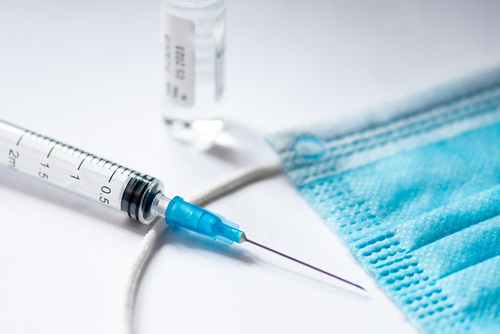
Pfizer and BioNTech announced updates from a Phase 2/3 clinical trial of their bivalent booster for the COVID-19 variants Omicron BA.4/BA.5 last week, pointing to the 4-fold higher emergence of neutralizing antibody titers among treated adults older than 55, comparative to the original COVID-19 vaccine.
“As we head into the holiday season, we hope these updated data will encourage people to seek out a COVID-19 bivalent booster as soon as they are eligible in order to maintain high levels of protection against the widely circulating Omicron BA.4 and BA.5 sublineages,” Albert Bourla, chairman and CEO of Pfizer, said. “These updated data also provide confidence in the adaptability of our mRNA platform and our ability to rapidly update the vaccine to match the most prevalent strains each season.”
Since the initial days of the COVID-19 pandemic, most experts have agreed the disease has settled into an endemic state, meaning that, like the flu, it is likely to be a seasonal, ongoing affair. This will likely emerge in different strains, and the 30-µg booster dose used in this trial was to treat such a variant.
Without losing safety or tolerability, one month after dosing the booster not only provided the antibody levels, it offered a 13.2-fold increase against pre-booster levels in older adults and a 9.5-fold increase in those between ages 18 and 55. For those older than 55 years who received the original booster vaccine, levels of antibodies only went up by 2.9-fold. Essentially, all those numbers mean that the 30-µg booster dose of the Omicron BA.4/BA.5-adapted bivalent vaccine likely induces a higher level of protection against the Omicron BA.4 and BA.5 subvariants of COVID-19.
The study enrolled approximately 900 healthy volunteers at least 12 years old, each receiving at least three doses of an authorized COVID-19 vaccine. The trial was randomized and controlled across multiple sites, and its results have been shared with the U.S. Food and Drug Administration (FDA). According to Pfizer and BioNTech, plans are underway to share that same data with the European Medicines Agency (EMA) and other health authorities worldwide as soon as possible.




